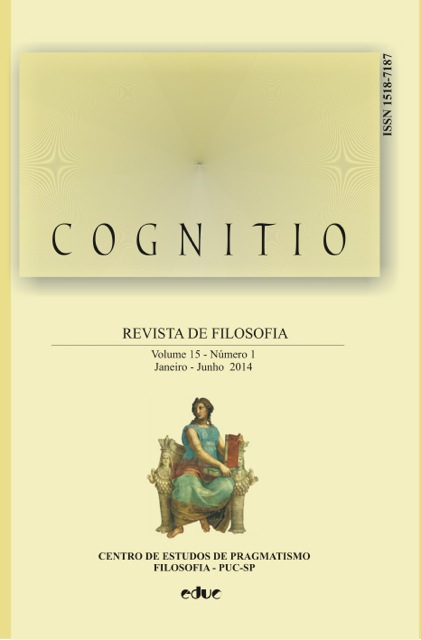Thomas Reid (1710 – 1796) on the Nature and Possibility of Language
Keywords:
Thomas Reid, Language, Natural Language, Artificial Language, Mind, Social Operations, Testimony, Credulity. Veracity, CommunicationAbstract
In his major works on the theory of knowledge, namely An Inquiry in to the Human Mindon the Principles of Common Sense and Essays on the Intellectual Powers of Man, Thomas Reid (1710–1796) presents, following his discussion on the social operations of mind and on knowledge through testimony, a new conception of language. Reid distinguishes between natural language and artificial language, where the latter is essentially “spoken” language. For both forms of language, Reid proposes a theory of signs and, particularly for the second form, a theory of linguistic signs which denounces a communicative-pragmatic character, namely the purpose of giving expression and gaining understanding for convictions, desires, and intentions. In this case, the very constitution of language depends on two intrinsic principles: credulity and veracity. Especially the way how these two principles point out to criteria of performative competence, in the way of conditions of possibility of language, suggests a pragmatic conception of language by Thomas Reid. To explain how these principles must be understood and their supposed appeal with respect to the relations hip between language, mind, and world, is the aim of this paper.









